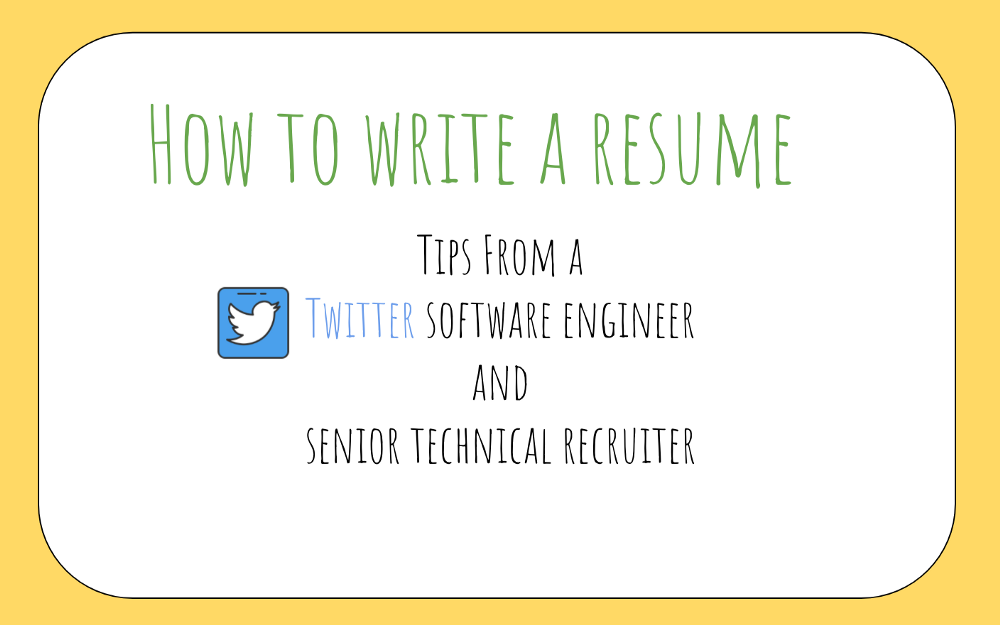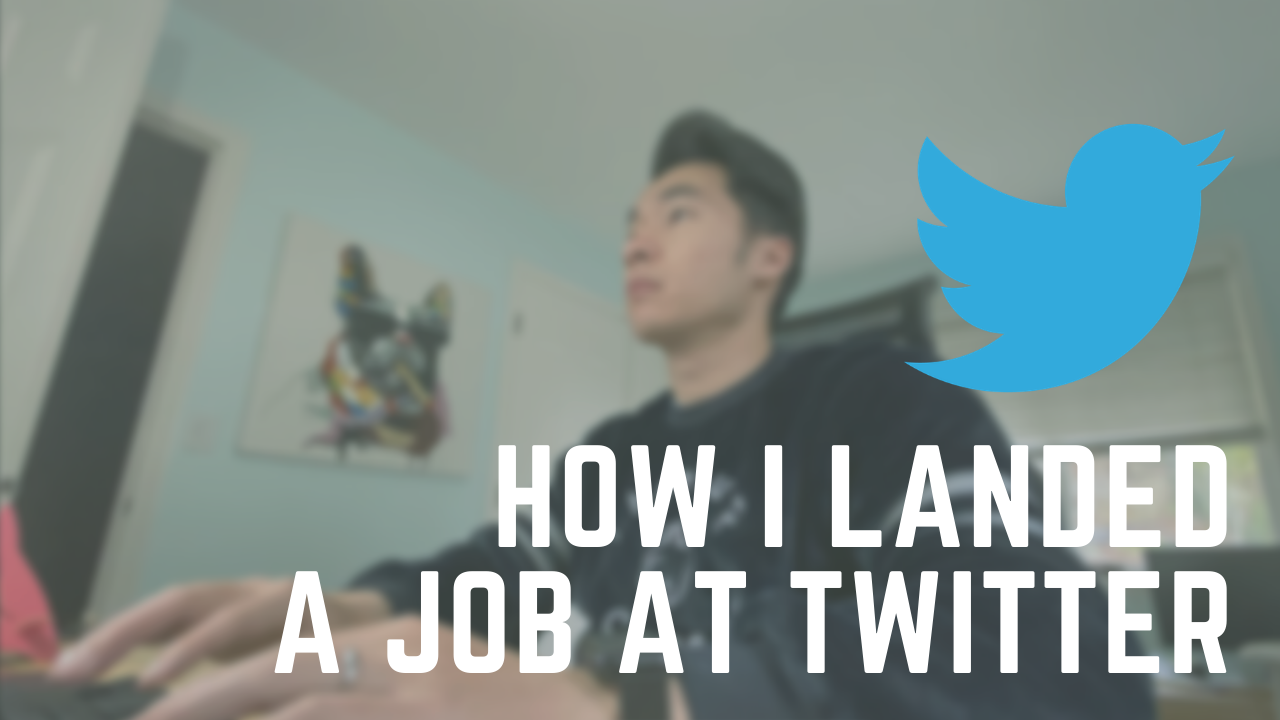Should You Go to College or Coding Bootcamp?
Coding bootcamps have risen in popularity. Is this a viable option for you?
|

I graduated with a major in Computer Science from a small private university (Go Zags!), but I felt I was ill-prepared for a software engineering job when I graduated. I thought of joining a coding bootcamp after graduation to better prepare myself. This article condenses my insights, research and findings during that time.
We will dive into 3 things today:
- What are the different approaches to being a software engineer today
- Pros and cons of each approach
- and finally, my recommendation for the aspiring software engineer
Approach 1: Go to college and get your degree in Computer Science
Advantages
Going to college is the “safe” choice for many people — it’s what people are expected to do after they graduate high school. College is a low-risk investment of your time as it allows you to explore areas you might not have thought of in the first place — for example diving into Artificial Intelligence and Microbiology, with a focus on Finance to close out the education curriculum.
While not all of the classes will prepare you for a software engineering job, they do provide you an avenue to explore and learn about other industries.
Most of the interesting startups today are built on the intersections of many disjoint industries. Robinhood, for example, combines tech with finance. Uber combines tech with transportation. And the list goes on. Going to college encourages you to explore different areas.
Another major benefit of going to college is that there are many networking events catered specifically to students.
Colleges like MIT, Stanford and University of Washington are top recruit schools for many tech companies. They host hiring events, information sessions, career fairs to attract the cream of the crop. As a student, you get access to all these opportunities before anyone else does.
The network you build, the people you meet, the companies you interact with — these are the intangibles that make college an attractive proposition.
Downsides
The downsides for going to college are many, as well. For example, tuition costs have been rising, and today tuition costs are all-time high — in the ballpark of 65,000 per year. With a traditional bachelor’s degree, that’s 4 years of education at ~$240,000.
$240K. That’s a lot of Mcdonalds Big Mac.
Also, if you’re not sure whether you want to be a software engineer, 4 years in college might not be the best investment of your time. The opportunity costs for going to college are sky-high, especially in today’s world when you can start an online business for close to nothing and make money almost immediately.
Not to mention, piling on a massive student loan isn’t a great way to build a stable financial future, in addition to the opportunity cost of making a living right away.
If you’d prefer to watch a video instead, I made this Youtube video that talks about the same topic:
Approach 2: Coding Bootcamps
Advantages
Coding bootcamps are short, intensive courses that prepare students for a career as entry-level software engineers. The courses typically range from 3–6 months, and cost around 30,000.
Coding bootcamps are extremely intense, but most students get a lot of value out of them. I think of coding bootcamps as a new type of vocational school that prepares students as software engineers.
Coding bootcamps are also great for people who are working because it’s a short course (3 months minimum) and it gives you a taste of what it means to be a software engineer. Graduates are typically equipped with enough skills to build simple websites that use RESTful endpoints, interact with a noSql database, and primes students on the basics of version control — all of the important skills every software engineer needs.
If you wanted to get a quick taste of software engineering without a 4-year commitment and $240K in debt, then coding bootcamp is a good choice.
Downsides
There are many cons to coding bootcamps, but I’ll list the top few.
No accreditation is by far my biggest beef with coding bootcamps. Some are set up to milk as much money as they can from students. There’s such high demand for computer science education that colleges are turning away many students due to limited space. Coding bootcamps have sprouted left and right in the past few years to satistfy that demand. As a result, some unscrupulous bootcamp operators have spun up to take advantage of the situation.
Another big downside is that coding bootcamps are so intense that many students burn out before they can even graduate. Education needs to be paired with suitable rest, but I’ve seen students who put in 12-hour days for weeks in order to deliver on projects.
Living on adrenaline alone is a one-way highway to death.
Conclusion
Software engineering is not a career for everyone — some might think it’s a glorious career, or it pays handsomely, or the work life balance is great. But with any professional career, it has its own challenges and problems as well, such as career growth, high-pressure environment etc.
It is a lifelong pursuit of improvement and learning in order to be a great software engineer.
I hope you’ve learned a thing or two from this article, and my experience of choosing between going back to school for more education or coding bootcamp to polish my skills.
Resources I Recommend
- Check out the tools 🛠 I recommend for every aspiring software engineer on my website here: zhiachong.com/resources
- My interview-prep courses are available NOW! Go here to read more about the courses available! New courses are released all the time, so stay tuned!
- InterviewCake: InterviewCake is an online learning platform for learning how to ace programming interviews. Suitable for beginners and seasoned programmers alike! I relied on this quite a bit to prepare for my software engineering interviews.
- DailyCodingProblem: A daily mailing list of coding problems sent to your mailbox. Started by a friend of mine, and very useful for jumpstarting your interview preparation and getting daily coding problems. It’s fun!


